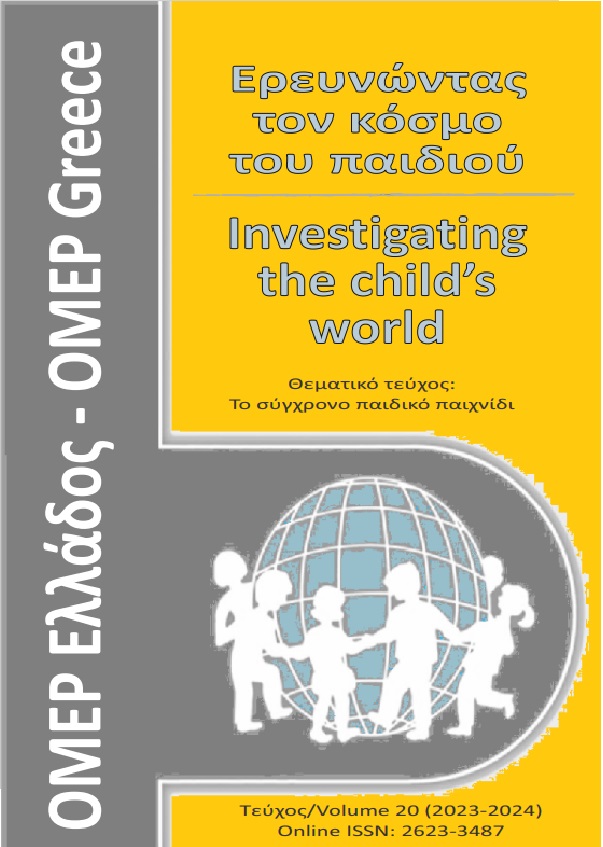The use of Minecraft as a medium to advance Computational Thinking Skills in early years: A case study of two student pairs

Abstract
This paper examines, on the one hand, the emergence of Computational Thinking (CT) skills in both unplugged and plugged activities, and on the other hand, how the digital game Minecraft mediates the development of these skills in the context of preschool education. The CT skills examined are: Decomposition, Sequencing, Pattern Recognition, and Algorithmic Thinking. A case study involving a total of four preschool children is described. The teaching intervention lasted one week for each pair of children and included two unplugged activities and one plugged activity in Minecraft. This paper examines aspects of the computer-based activity where children initially processed the fairy tale "The Three Little Pigs" and were then asked to recreate it in Minecraft. The results showed that (a) different CT skills emerged in the unplugged and plugged activities, and (b) Minecraft provided unique affordances that allowed for a very open implementation of the activities. The paper concludes with a discussion of the research findings in relation to the existing literature on CT in preschool education.
Article Details
- How to Cite
-
Karassavvidis, I., & Fidana, S. (2024). The use of Minecraft as a medium to advance Computational Thinking Skills in early years: A case study of two student pairs. Investigating the child’s World, 20, 173–190. https://doi.org/10.12681/icw.35537
- Section
- Scientific articles & educational projects

This work is licensed under a Creative Commons Attribution-NonCommercial 4.0 International License.
Authors who publish with this journal agree to the following terms:
· Authors retain copyright and grant the journal right of first publication with the work simultaneously licensed under a Creative Commons Attribution Non-Commercial License that allows others to share the work with an acknowledgement of the work's authorship and initial publication in this journal.
· Authors are able to enter into separate, additional contractual arrangements for the non-exclusive distribution of the journal's published version of the work (e.g. post it to an institutional repository or publish it in a book), with an acknowledgement of its initial publication in this journal.
· Authors are permitted and encouraged to post their work online (preferably in institutional repositories or on their website) prior to and during the submission process, as it can lead to productive exchanges, as well as earlier and greater citation of published work.


